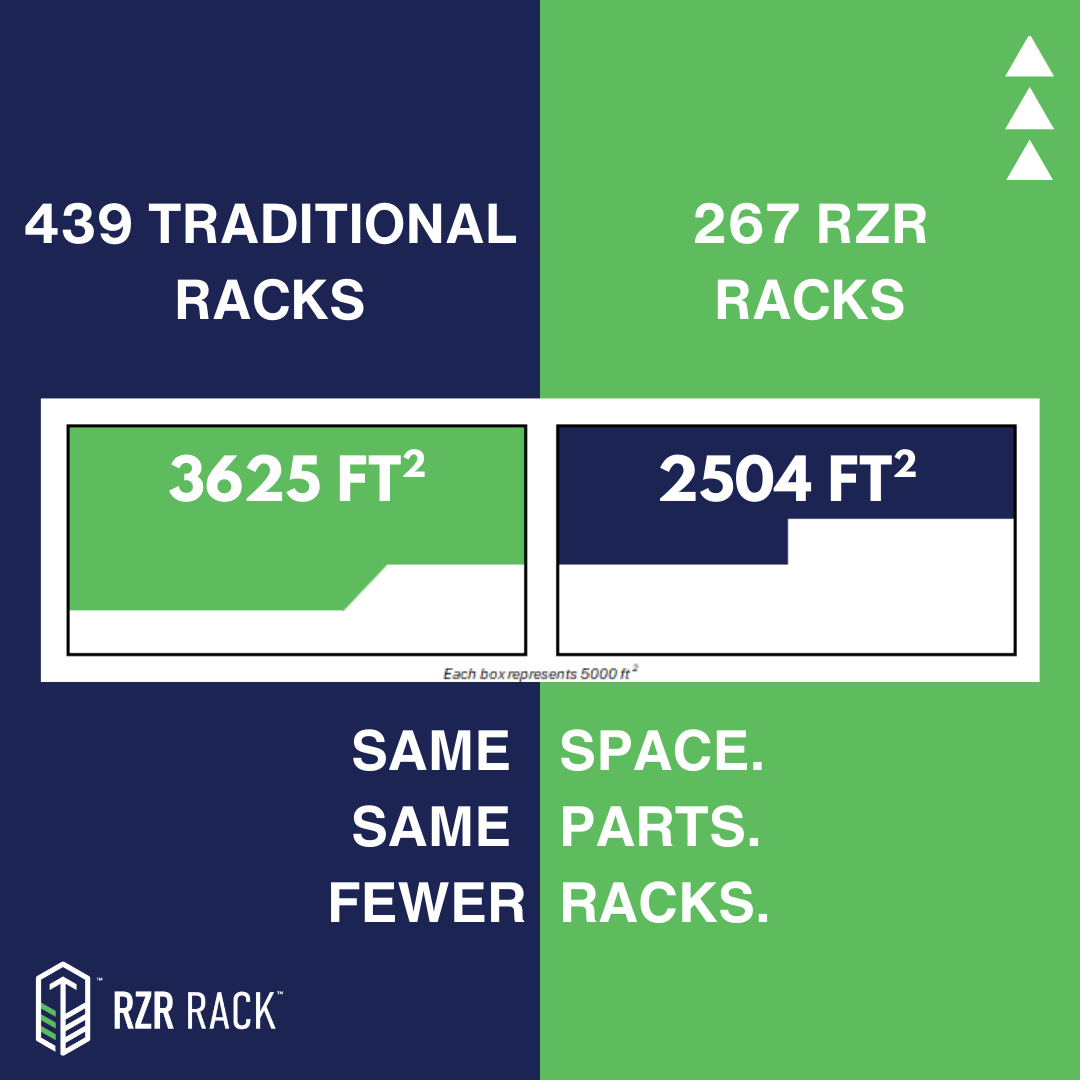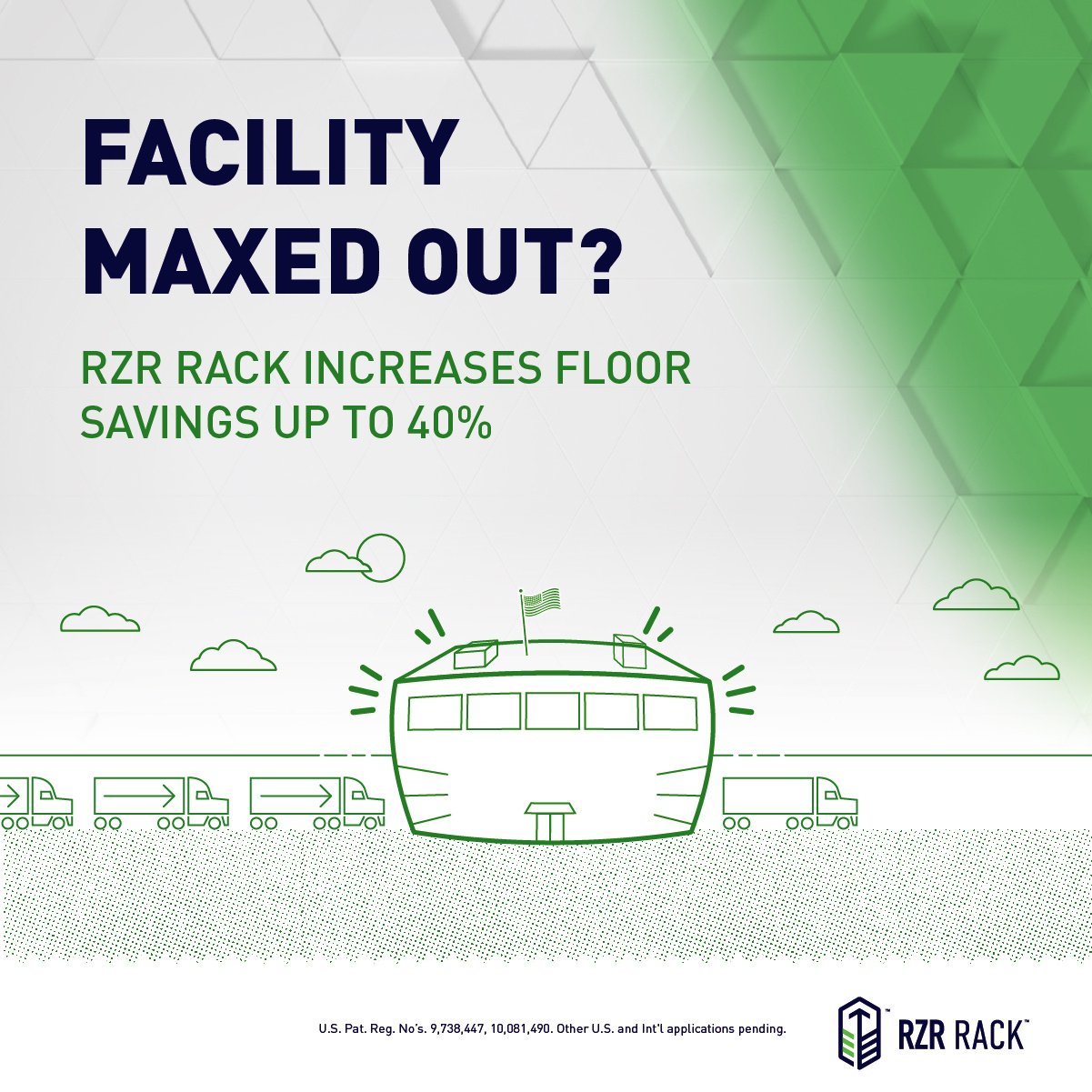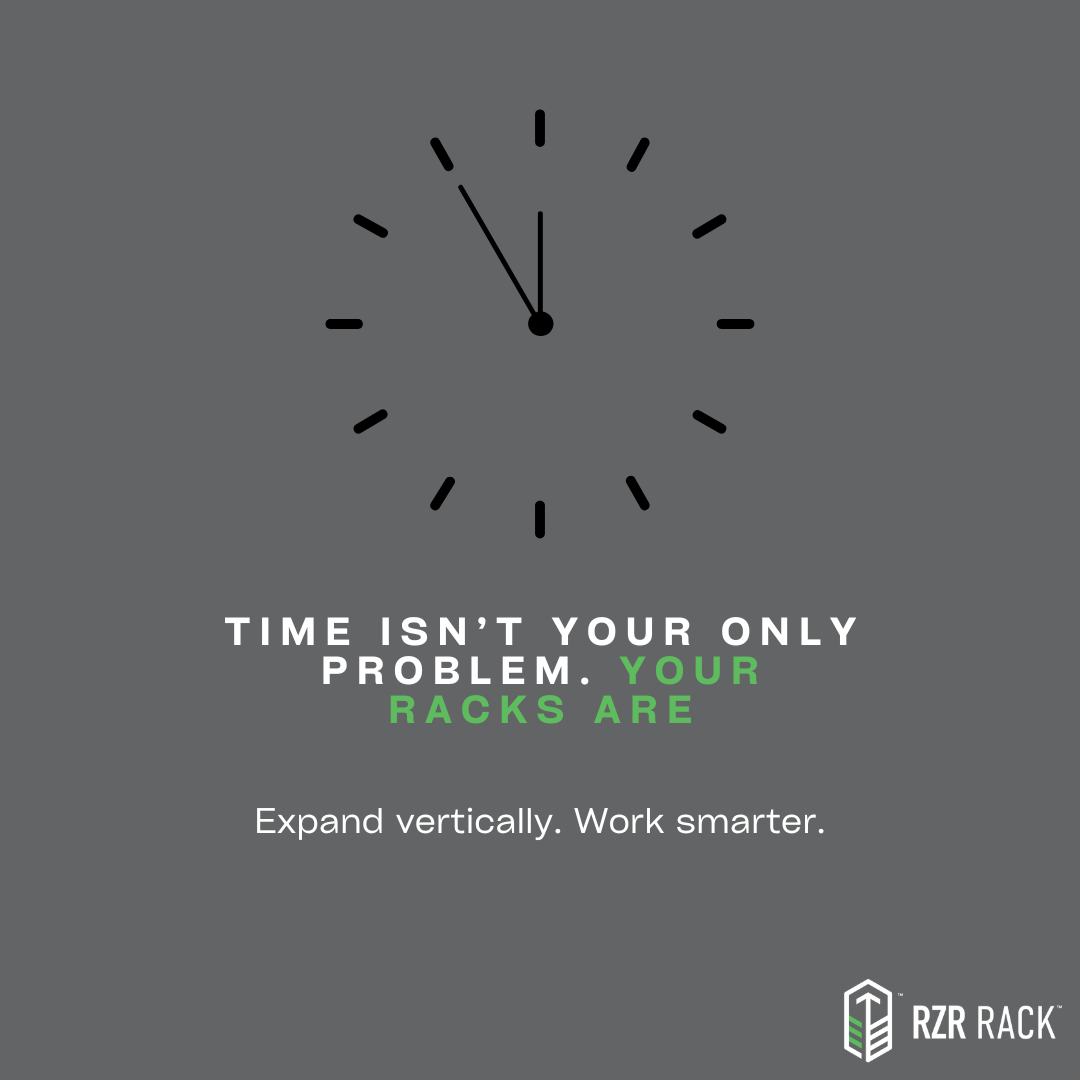
In today’s competitive manufacturing landscape, doing more with less isn’t just a goal—it’s a necessity. That’s where Lean Manufacturing comes in.
Whether you’re trying to reduce waste, speed up production, or just make your operation run a little smoother, lean principles offer a powerful (and proven) framework to get there. But what exactly is lean manufacturing, and how can it help your business? Let’s break it down.
🔧 What Is Lean Manufacturing?
At its core, Lean Manufacturing is about maximizing value while minimizing waste.
Developed from the Toyota Production System in the mid-20th century, lean focuses on continuously improving processes to deliver more value to the customer—using fewer resources.
That means reducing anything that doesn’t directly contribute to your end product: excess inventory, unnecessary movement, long wait times, overproduction, and so on.
🧱 The 5 Core Principles of Lean
Lean isn’t just a list of tools—it’s a mindset. But it does follow a clear structure based on five core principles:
-
Identify Value – What does your customer truly care about?
-
Map the Value Stream – Break down every step of your process and find where waste hides.
-
Create Flow – Eliminate bottlenecks and interruptions to keep work moving.
-
Establish Pull – Only produce what’s needed, when it’s needed.
-
Pursue Perfection – Lean is a journey, not a destination. Continuous improvement is key.
🗑️ The 8 Wastes (and Why They Matter)
In lean, “waste” isn’t just garbage—it’s anything that doesn’t add value. Here are the 8 wastes of lean (remembered by the acronym DOWNTIME):
-
Defects – Rework, scrap, and errors.
-
Overproduction – Making more than what’s needed.
-
Waiting – Idle time due to delays or bottlenecks.
-
Not Utilizing Talent – Underusing your team’s skills and ideas.
-
Transportation – Unnecessary movement of parts or materials.
-
Inventory – Excess products or materials taking up space.
-
Motion – Unnecessary movement by people (bending, walking, searching).
-
Extra Processing – Doing more work than necessary (like over-polishing or redundant steps).
Every one of these wastes costs your business time, money, and efficiency.
🧰 Common Lean Tools & Techniques
Lean manufacturing includes several tools that help teams implement its principles. A few of the most common include:
-
5S (Sort, Set in order, Shine, Standardize, Sustain) – For organizing workspaces.
-
Kanban – A visual scheduling system for managing workflow.
-
Value Stream Mapping (VSM) – A visual tool to analyze the flow of materials and information.
-
Kaizen – A philosophy of continuous, incremental improvement.
-
Standardized Work – Documenting best practices to ensure consistency.
🏭 Why Lean Matters in Modern Manufacturing
In industries like automotive, appliance, and industrial manufacturing, lean can lead to:
-
Faster delivery and cycle times
-
Improved product quality
-
Happier teams and customers
For example, at Diverse Global, we’ve seen how solutions like the RZR Rack can support lean goals by increasing storage density by up to 60% while freeing up to 40% more floor space—eliminating waste and improving efficiency in a single move.
🚀 Getting Started with Lean
You don’t have to revamp your entire operation overnight. Lean is about progress, not perfection.
Start small. Identify one area with bottlenecks or excess inventory. Look at how people move, how materials flow, and how much time is wasted. Then begin making small, focused improvements.
And remember: the best ideas often come from the floor. Involve your team. Empower them. That’s where lean really shines.
👀 Final Thoughts
Lean manufacturing isn’t just a trend—it’s a smarter way to run your operation. By focusing on what adds value and eliminating what doesn’t, you’ll build a more agile, efficient, and cost-effective business.
Whether you’re new to lean or looking to deepen your approach, the journey starts with one question:
What waste can we eliminate today?
Want help identifying where your process could be leaner? Contact us to explore customized material handling solutions that can support your lean goals from day one.


